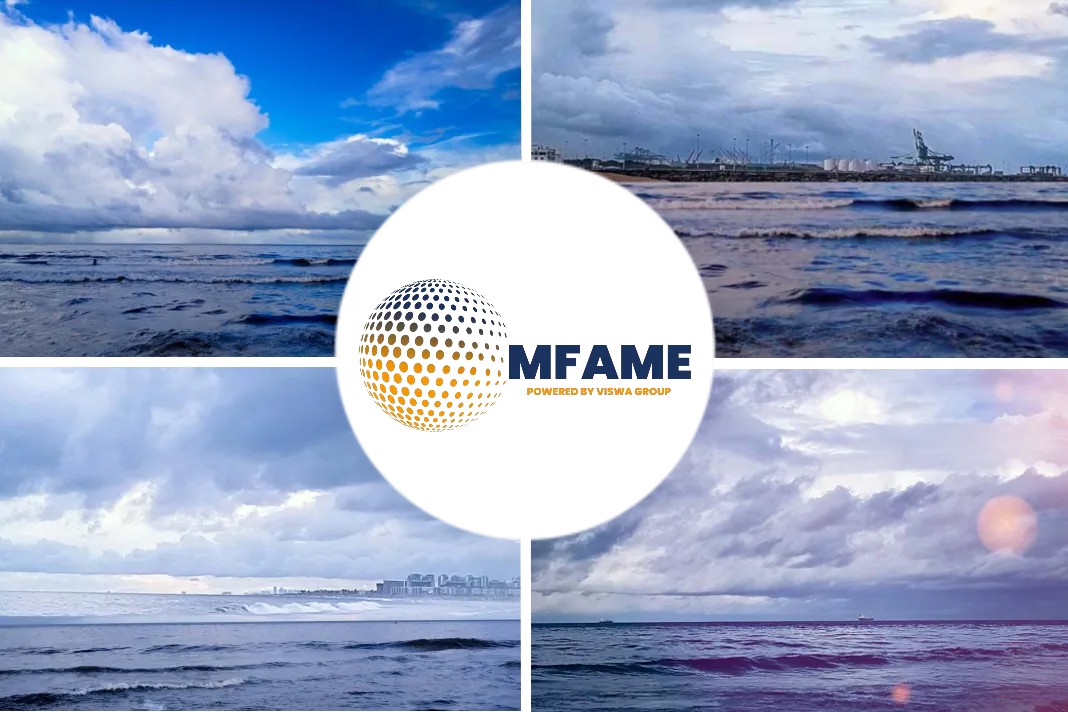Damen Shipyard of the Netherlands and a local partner aim to turn the troublesome seaweed that forced closure of beaches into fuel, reports Riviera Maritime Media.
Closure of beaches?
Extraordinary Sargassum seaweed growth in the Caribbean has blocked marine engine intakes, smothered coral reefs and forced beaches to close.
Damen Shipyard of the Netherlands and a local partner have proposed a holistic solution: harvest the seaweed and turn it into a biofuel.
Steps taken to tackle the issue
Damen Shipyards Group, which operates 36 shipbuilding and repair yards worldwide and partner Maris Projects have joined forces to tackle the issue of invasive Sargassum seaweed in the Caribbean region – including the Dutch Caribbean Islands. The partners have proposed a holistic solution.
Expected outcome of the project
According to Damen, the project is expected to greatly increase knowledge of
- bio-processing,
- leading to the design of efficient and
- scalable technologies with the capability to deliver both environmental and socio-economic benefits.
What problems does the weeds create?
A significant – and to date, inexplicable – rise in the quantity of Sargassum seaweed in Caribbean waters and along its shores has been recorded in recent years.
The weed has caused considerable problems in the region.
- When blown or hauled onto beaches it produced greenhouse gases.
- Stench when decomposing, which has led to beach closures.
- Clog the engines and nets of fishing vessels.
- Has smothered sea grasses and coral reefs.
Partners tackling the issue
Damen Green Solutions has partnered with Maris in a novel solution.
Damen’s role
Damen’s role in the partnership is to develop a dedicated solution based on a specially developed MultiCat for harvesting, preprocessing and transporting the Sargassum seaweed.
Maris’s role
Maris brings experience in scalable preprocessing and anaerobic conversion technology. With this, the consortium is assessing the viability of turning the Sargassum into methane for energy purposes.
Local operating partner
The two partners have identified a local operating partner – CMC – that can harvest the seaweed in Martinique and Guadeloupe.
Consortium and its aim
Currently, the partners are discussing a contract that will create the consortium to be known as Blue Caribbean Energy Solutions.
- The consortium aims to collect and purify Sargassum.
- Turn it into biogas via a two-step process using low temperature anaerobic digestion as the first step.
- The residues of this process will then be fed into a high temperature anaerobic thermal reactor to turn it into usable methane.
Turning negative into positive
Damen Green Solutions’ director Marcel Karsijns explained “Currently, the solutions to the Sargassum challenge only go as far as removing the weed from the sea. Often it is brought onto land and left to decompose, where it gives off damaging greenhouse emissions. What we are attempting to do is develop a holistic, circular solution that turns a negative into a positive. As well as offering clean energy, the aim of the project is also to deliver sustainable benefits to local economies.”
The partnership will consider the economic viability of turning the harvest into fertiliser and/or feedstock for the agriculture industry as well as the short-term aim of turning Sargassum into energy.
Did you subscribe to our daily newsletter?
It’s Free! Click here to Subscribe!
Source: Riviera Maritime Media

















